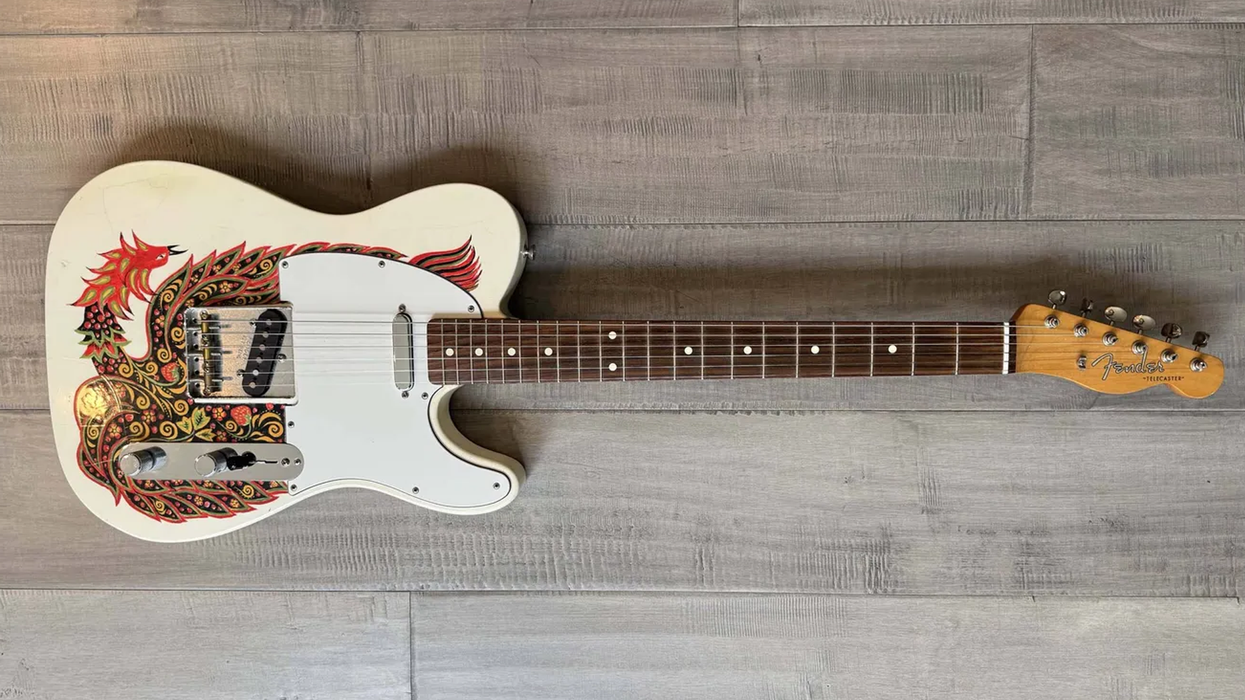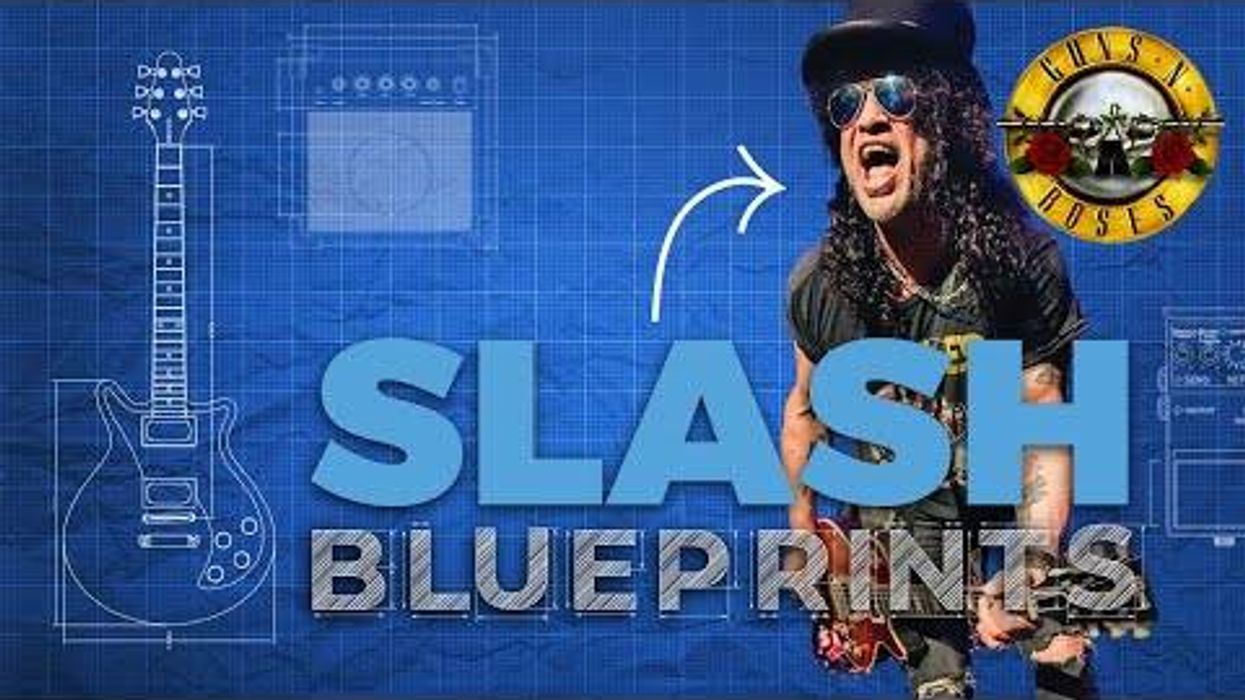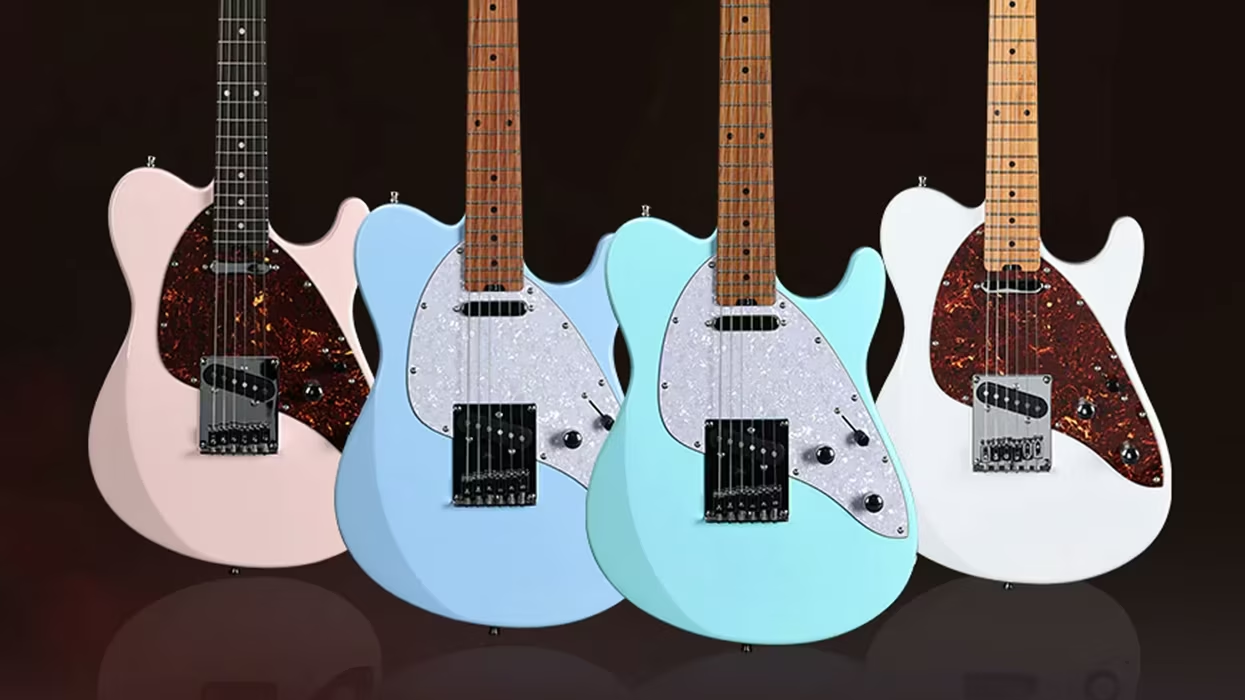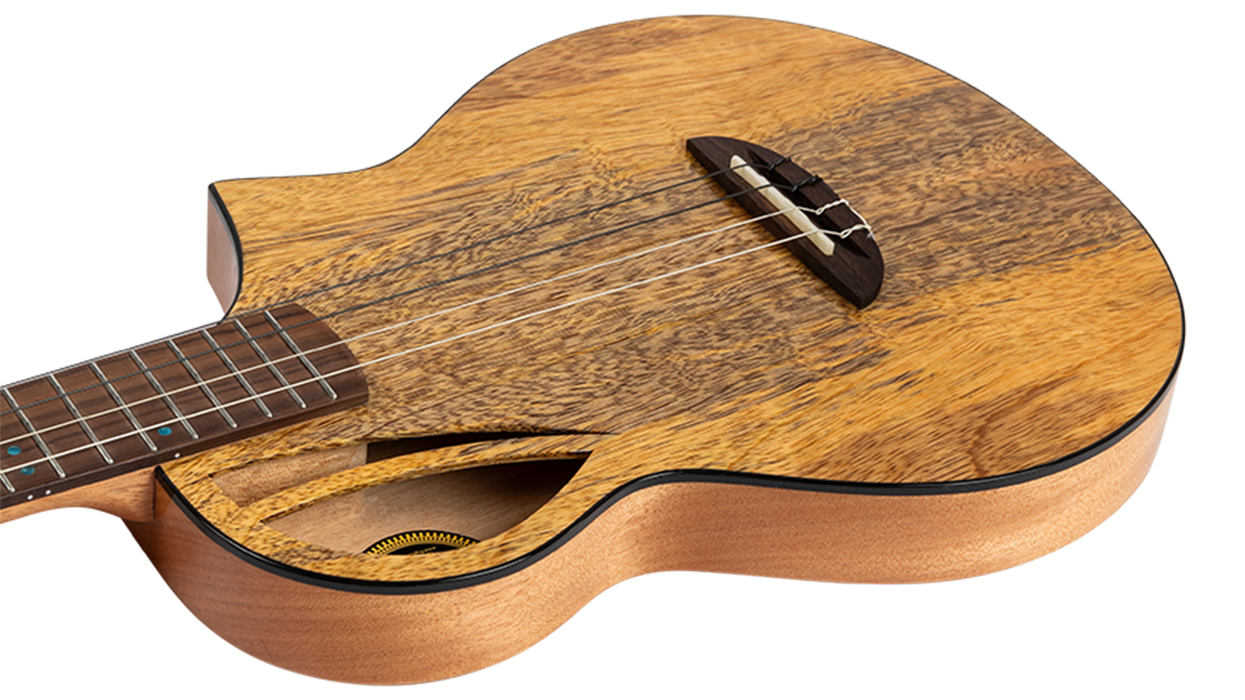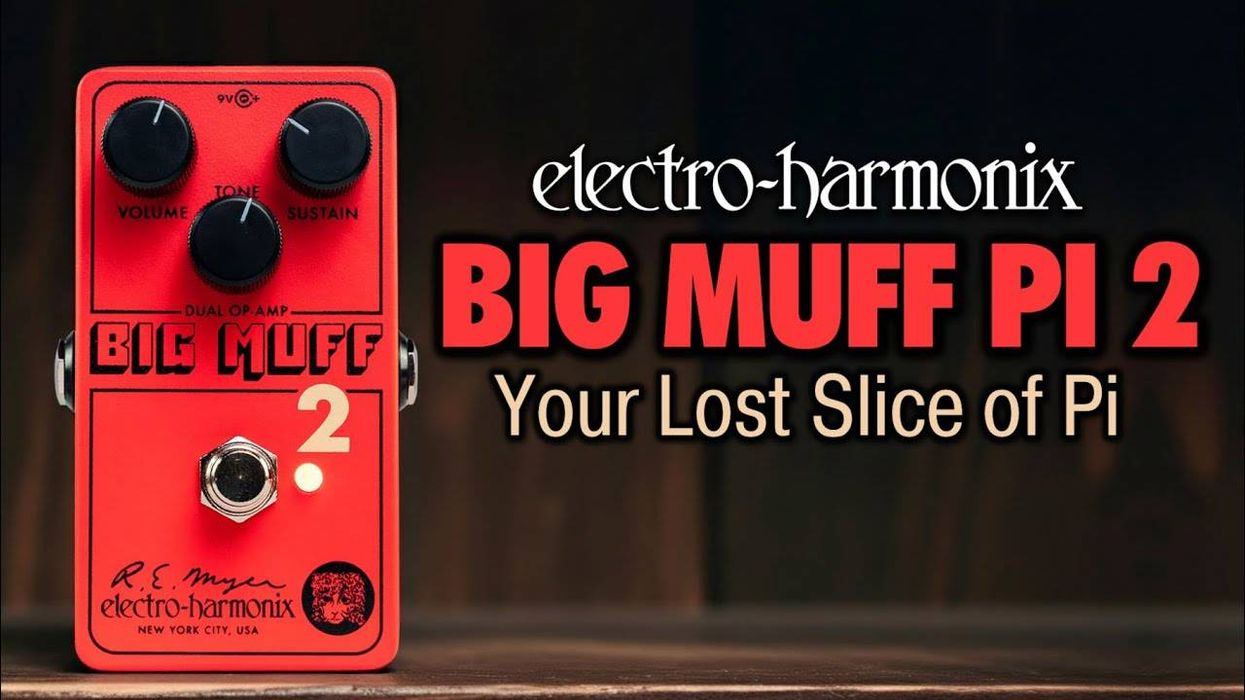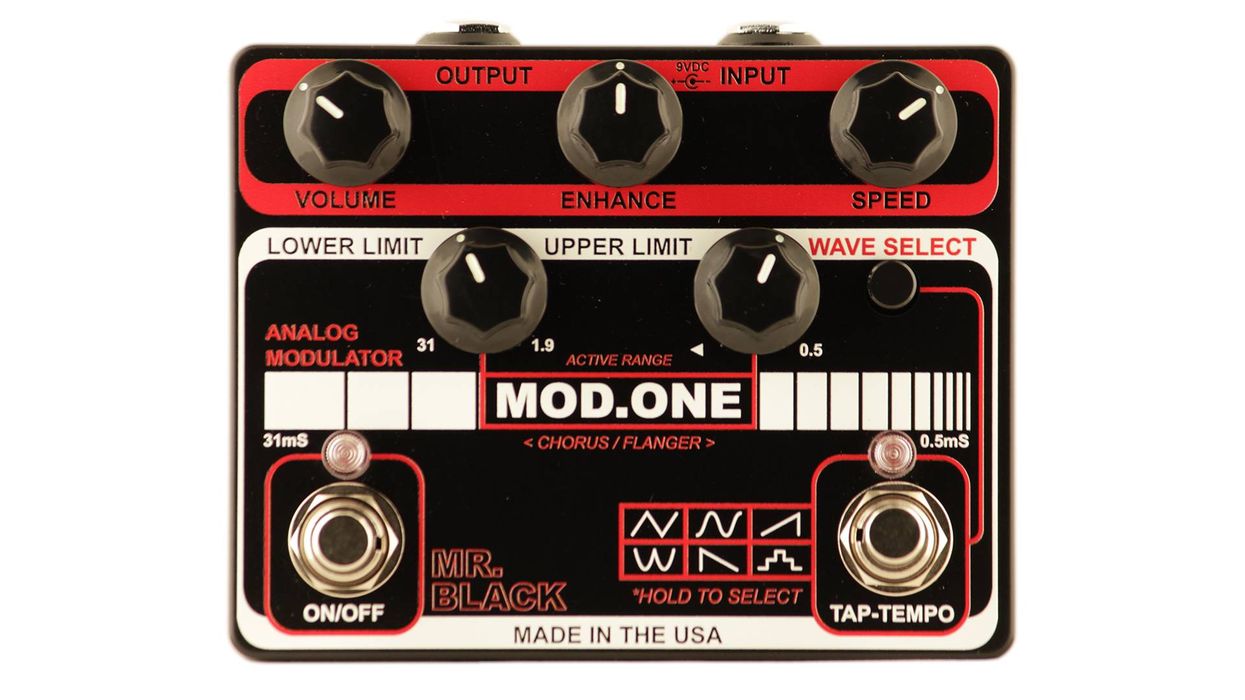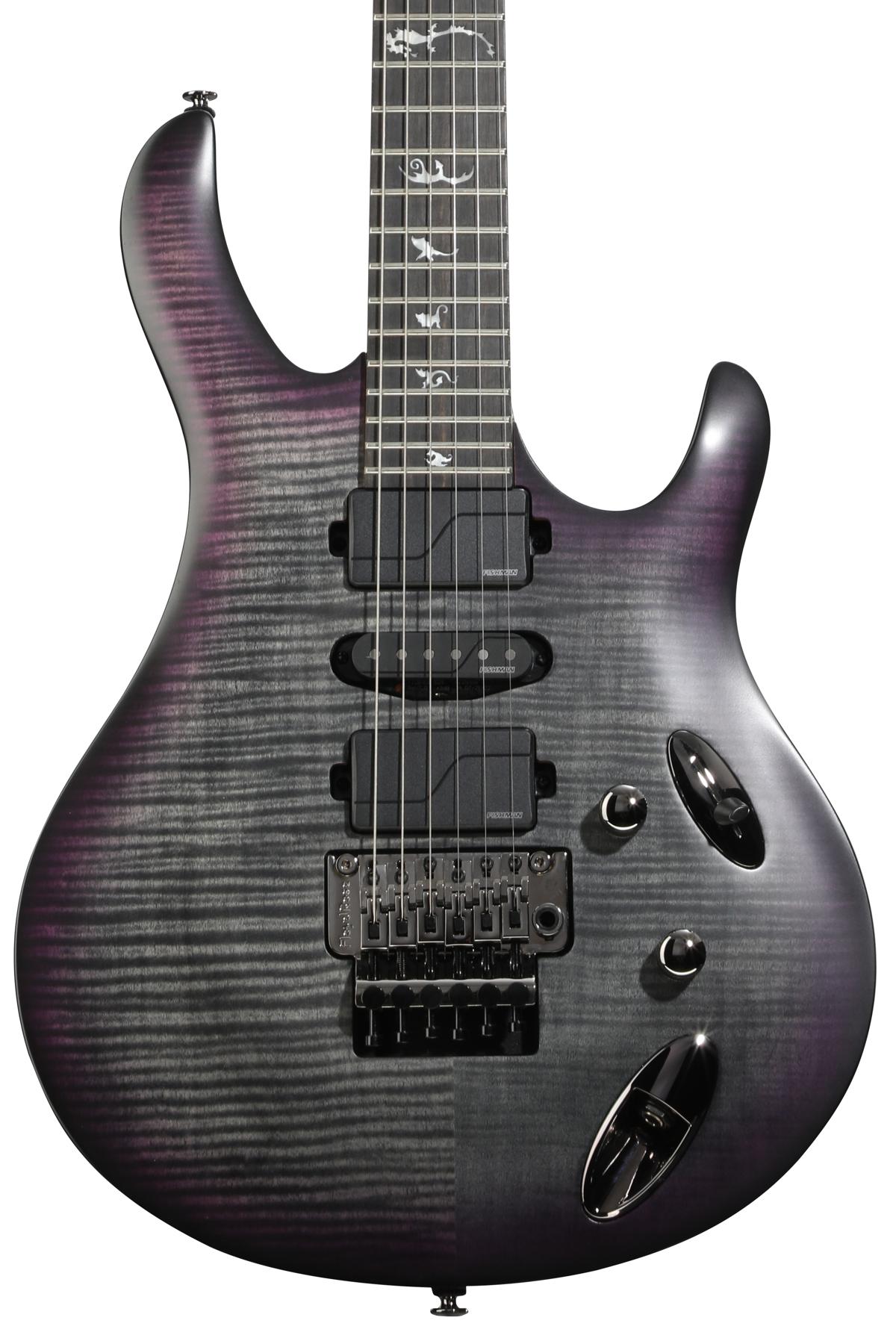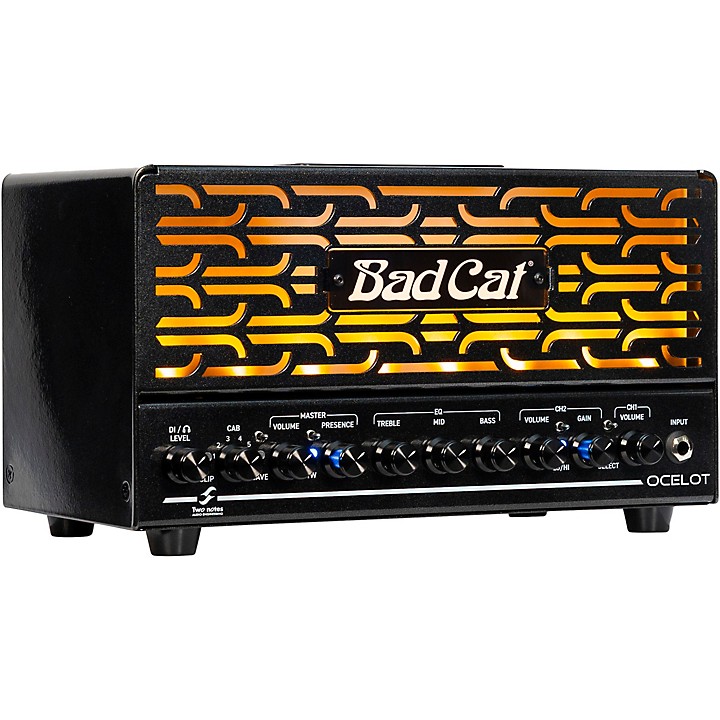The electric guitars we consider classic may be perfect in a lot of ways, but that doesn’t mean there aren’t ways to reinterpret the blueprint. After decades of wrestling with what he perceived as the limitations of traditional Les Paul guitars, Chip Loew of ToneNation Guitars decided to get to work on an alternative of his own design. He now operates a two-man shop in Copley, Ohio, where he has been bringing this vision to life for just over two years. This month, we received ToneNation’s Heartland Standard—a set-neck, dual-humbucker electric that unites traditional construction principles and more personal, player-oriented design optimizations—for review.
A chat with Loew about his work reveals a focus on interesting and unique-sounding tonewood combinations and resonant, acoustically live instruments with superior articulation. But it’s also clear he’s determined to nail the sort of playability and tonal balance players crave.
Appealing Accents, Fine Craftsmanship
When I removed the Heartland Standard from its plush Cedar Creek case, the first thing I noticed was an overall woody theme. The look reflects the instrument’s functionality but also Loew’s fascination with tonewood as a design inspiration. The emphasis on material leads to first impressions of refinement and honesty in design. This is not a flashy guitar, but the woods are one of numerous subtle visual treats.
The carved, figured-maple top—which caps a body of lightweight solid basswood sourced from a southern Ohio Amish mill—is crafted from two nicely matched pieces and is finished in glassy nitrocellulose lacquer. Loew calls this his Tigger finish (named for the shop cat, who presumably has a highly figured coat). The delicate brown burst reveals a bit of wood grain even at the darkest point along the perimeter—a very nice touch. The body binding reveals an attractive maple edge that leads your eyes around to the 5-ply, flamed-maple-and-walnut neck, while the headstock displays the ToneNation logo in abalone and ivory-toned inlays. The optional ebony knobs have a wonderful, chocolaty grain and remind you you’re playing a quality handmade guitar with every Tone and Volume adjustment. They also found me thinking that a matching truss-rod cover and pickup rings would have done a lot to complete the look.
Along with the traditional stop tailpiece and Tune-o-matic-style bridge, the Heartland Standard includes ToneNation’s own PAF-style neck and bridge humbuckers— which measure in at 7.9k and 8.9k Ω, respectively—and have the sort of output level you’d expect from vintage-style pickups. Loew uses special Sperzel tuning machines to achieve straight string pull over the nut while retaining a traditional Gibson-style headstock width—an inspired design move. Electronics include matched CTS potentiometers and hand-selected Orange Drop capacitors, with a rugged Switchcraft toggle and input jack.
The 5-piece laminated neck, topped by a wenge fretboard, is inspired by the famous stability and rigidity of traditional Gibson jazz-box necks, and it’s carved to a rounded, medium-thickness C profile that feels a lot like slimmer ’50s Les Paul necks. The bone nut is beautifully slotted and the frets are smoothly leveled and polished, though one more pass over the fret ends with a dressing file would have made the fretwork perfect. In an effort to improve upper-fret access, Loew developed a unique taper that carves away much of the unnecessary mass from the neck heel, while retaining structural integrity. It’s a weight-saving and certainly more comfortable design.
Balance and Tonal Complexity
The Heartland Standard was set up beautifully right out of the case. Considering that the shipping box was hot when I opened, this speaks volumes about the stability of the neck. A few days on a delivery truck during a Midwest summer is a cruel test of the stability of any wooden instrument, and the Heartland passed with flying colors. At around eight pounds, it’s lighter than average for a Les Paul–style guitar despite a slightly larger body (it’s around half an inch wider than a Les Paul at the waist) and it’s exceedingly comfortable to play while standing or seated.
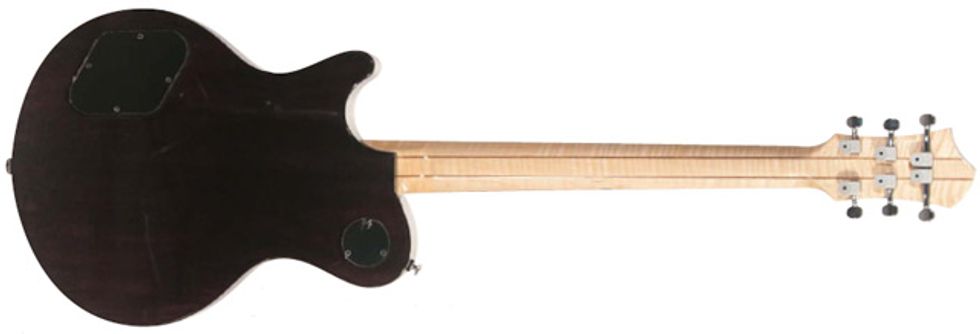
The guitar has a fast neck and low action, measuring 3/64" at the 12th fret on the high E string and 1/16" on the low E. The medium-jumbo frets and 9.5"-to-12" compound-radius fretboard made string bending fluid and natural. It’s a neck that makes chord work at the lower frets a pleasure while inviting you to dig into the upper frets for extended Dickey Betts-style blues jams. Tuning stability is noteworthy, and it’s no doubt aided in part by the straight string pull over the nut, which helps prevent the strings from binding in the nut slots.
The guitar is exceptionally resonant when played acoustically, and when plugged into a silverface Fender Champ, it projects a liveliness that compares to a nice Les Paul. But it also contributes a unique harmonic complexity and verve to each note, making sustained arpeggios especially satisfying. Individual note articulation is excellent, and string-to-string volume is super consistent all over the neck—nice when you spend an evening making your way through the dense harmonies of a Ted Greene-inspired chord-melody workout.
The guitar has a slightly springy, punchy quality, which may be due to its 25" scale, and this energy makes it hard to stick with a clean tone for too long. Pushing the Champ to its limit had the Heartland kicking out rock tones brimming with snarl and sizzling sustain—the kind of thick, singing lead tones Les Paul enthusiasts dream of. And rolling off the Tone knobs served up a cool—and rather uncivil—brooding tone. On the whole, I was struck by what a great match these pickups are for the basswood-and-maple combination.
The Verdict
As a longtime Gibson enthusiast, I was happy to see the basic construction principles of the Les Paul refined and mutated into something unique in the ToneNation Heartland Standard. It goes a long way toward creating a guitar that stands apart sonically and visually while retaining the familiarity and signature performance qualities that have made this type of guitar a legend. The Heartland exhibits all the quality craftsmanship and individuality you want from an independent luthier. It’s a guitar that can move between progressive modern sounds and textbook humbucker-equipped-solidbody tones with style and ease. But it also offers real playability improvements, from the lightweight body to the carved heel, that make the ToneNation Heartland a real player’s instrument worth a listen.
Buy if...
a design that’s both classic and evolutionary sounds like a recipe for guitar bliss.
Skip if...
you’re reluctant to veer too far away from tradition.
Rating...
Street $3295 - ToneNation Guitars - tonenationguitars.com |


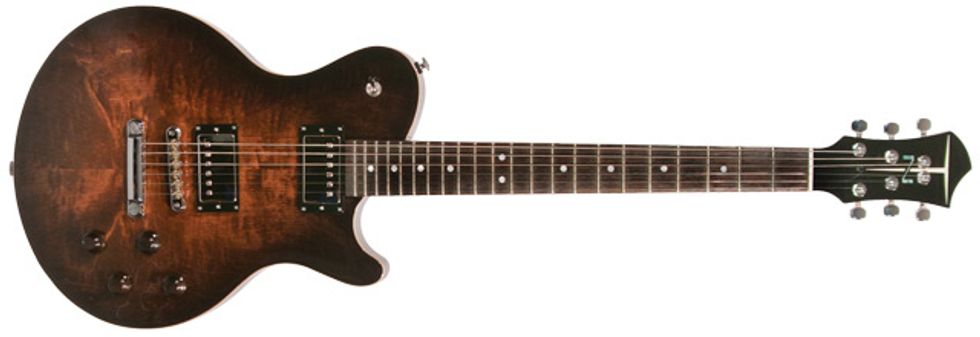




![Rig Rundown: Russian Circles’ Mike Sullivan [2025]](https://www.premierguitar.com/media-library/youtube.jpg?id=62303631&width=1245&height=700&quality=70&coordinates=0%2C0%2C0%2C0)







